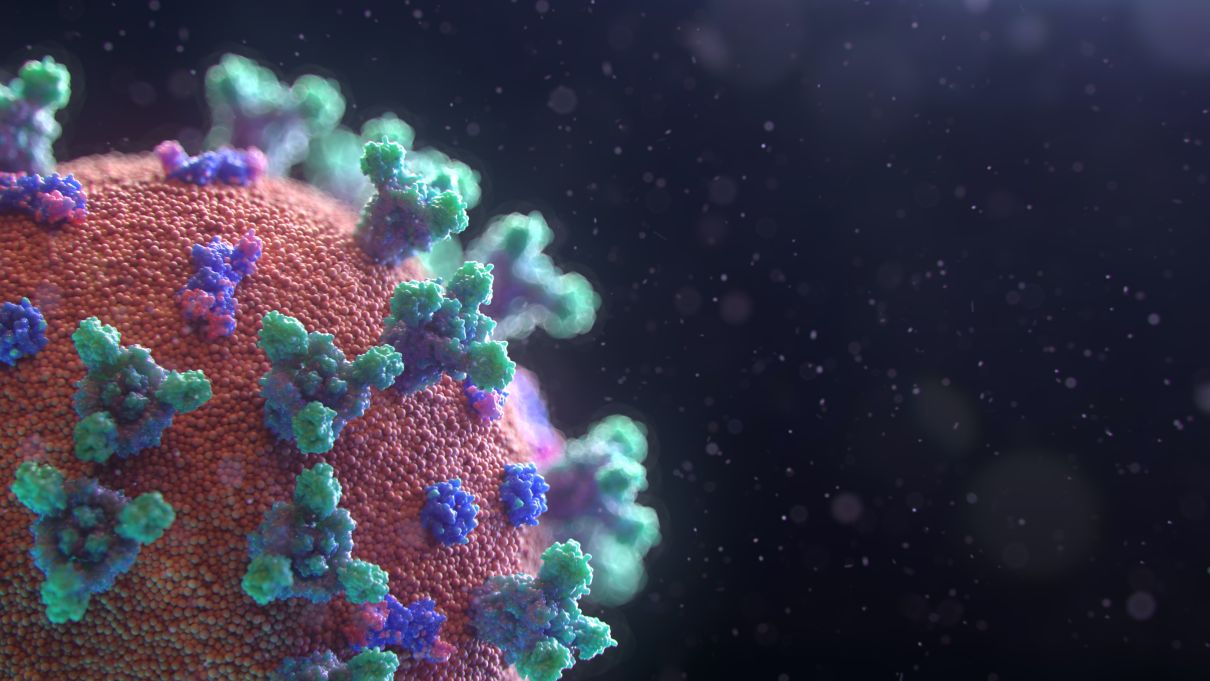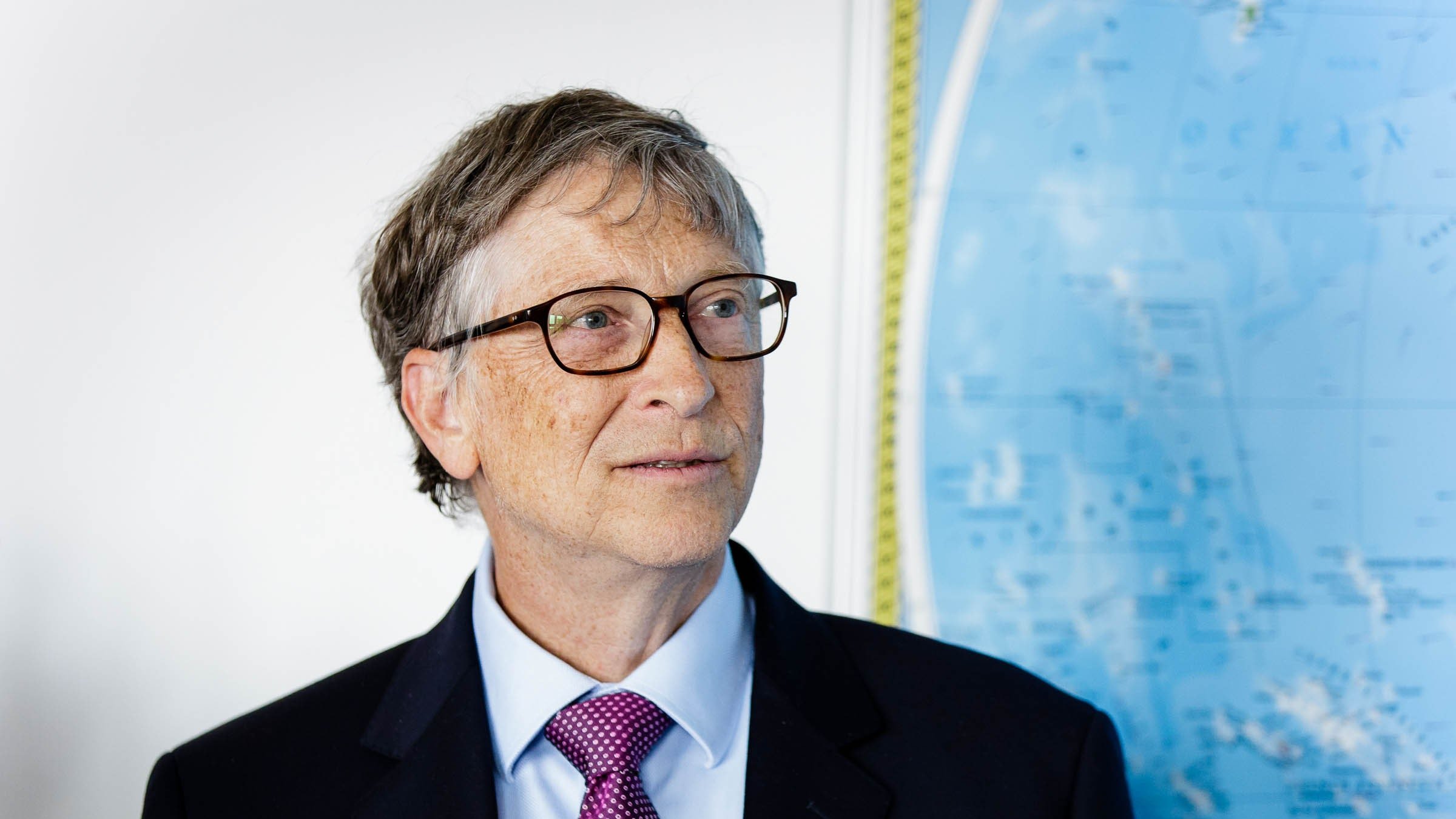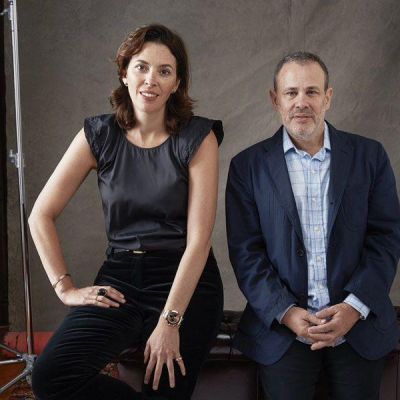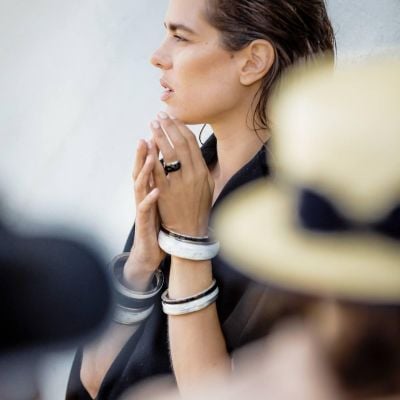Bill Gates Warns Of "The Next Pandemic"

Five years ago Bill Gates famously predicted a global pandemic. Now, he is warning of the next one.
Last week Bill Gates, the Microsoft co-founder and world's third richest person, got his first shot of the COVID-19 vaccine.

He posted a picture of himself having the jab on his Twitter account with the caption: "One of the benefits of being 65 is that I’m eligible for the COVID-19 vaccine. I got my first dose this week, and I feel great. Thank you to all of the scientists, trial participants, regulators, and frontline healthcare workers who got us to this point."
He didn't mention in the Tweet that the Gates Foundation has been one of the biggest single donors to finding a COVID vaccine, having invested some US$1.75 billion into the cause, predominantly backing researchers developing new COVID-19 treatments including monoclonal antibodies, and working with partners to ensure that these drugs are formulated in a way that’s easy to transport and use in the poorest parts of the world so they benefit people everywhere.
You could argue that as well as his age, Gates' major role in finding a vaccine - including the Moderna and Oxford AstraZeneca vaccines - has earned him the right to be one of the first in line for the shot in the arm. But he is still worried about "prioritising equity".
In their annual letter published on the Gates Notes blog, Bill and Melinda Gates describe how disease outbreaks tend to follow a grim pattern; as they infect societies, they exploit pre-existing inequalities, and the same is true of COVID-19.
The major concern now is "immunity equality". In addition to shining a light on so many old injustices, the Gates are concerned that the pandemic will unleash a future where the wealthiest people have access to a COVID-19 vaccine, while the rest of the world doesn’t.
Over the last few weeks there have been several stories of UHNW individuals 'skipping the queue' to get the vaccine earlier than they might.
"Already, wealthy nations have spent months prepurchasing doses of vaccine to start immunizing their people the moment those vaccines are approved. But as things stand now, low- and middle-income countries will only be able to cover about one out of five people who live there over the next year. In a world where global health is local, that should concern all of us."
"From the beginning of the pandemic, we have urged wealthy nations to remember that COVID-19 anywhere is a threat everywhere. Until vaccines reach everyone, new clusters of disease will keep popping up...Everything depends on whether the world comes together to ensure that the lifesaving science developed in 2020 saves as many lives as possible in 2021."
Gates says that his other major concern going into this year is preparing for the next pandemic to hit. Gates was famously accurate when predicting the pandemic of 2020 back in his 2015 TED Talk; now, he says, is the time to prepare for the next one.
"To prevent the hardship of this last year from happening again, pandemic preparedness must be taken as seriously as we take the threat of war," he says on his blog. "The world needs to double down on investments in R&D and organizations like CEPI [the Gates-funded platform which financed the vaccines] have proven invaluable with COVID-19. We also need to build brand-new capabilities that don’t exist yet."
"Stopping the next pandemic will require spending tens of billions of dollars per year—a big investment, but remember that the COVID-19 pandemic is estimated to cost the world US$28 trillion. The world needs to spend billions to save trillions (and prevent millions of deaths). I think of this as the best and most cost-efficient insurance policy the world could buy."
He adds that the bulk of this investment needs to come from rich countries who need to continue investing in the scientific tools that are getting us through this current pandemic—even after COVID-19 is behind us.
He outlines three things governments need to start doing now to be ready for the next pandemic. Firstly, by the next pandemic, the US should have mega-diagnostic platforms in place which could test as much as 20 percent of the global population every week. Secondly, there should be a group of around 3,000 infectious disease first responders, all over the world who spring into action at the first sign of a new pathogen. And thirdly, the world needs to regularly run germ games—simulations that let us practice, analyze, and improve how we respond to disease outbreaks, just as war games let the military prepare for real-life warfare. "Speed matters in a pandemic. The faster you act, the faster you cut off exponential growth of the virus."
Gates concludes in his annual letter: "Just as World War II was the defining event for our parents’ generation, the coronavirus pandemic we are living through right now will define ours. And just as World War II led to greater cooperation between countries to protect the peace and prioritize the common good, we think that the world has an important opportunity to turn the hard-won lessons of this pandemic into a healthier, more equal future for all.









